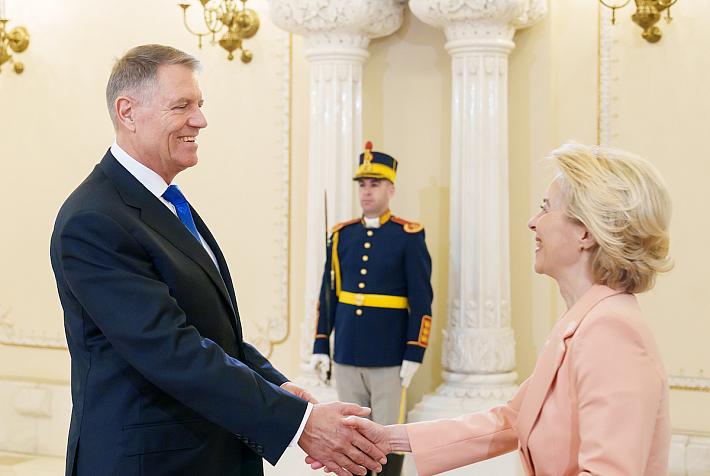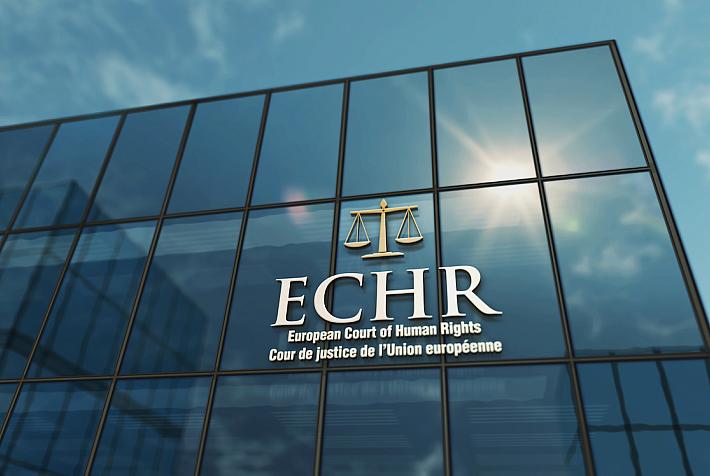Romania’s Govt., central bank to decide on “greed tax” within two weeks

Romania’s finance minister Eugen Teodorovici and central bank governor Mugur Isarescu met on Monday, February 4, to discuss the effects of the Government's emergency ordinance 114/2018, which levies a so-called greed tax upon local banks.
The meeting took place within the National Committee for Macroprudential Surveillance (CNSM), which brings together representatives of Romania's National Bank (BNR) and the Government.
Isarescu criticized the Government at the beginning of this year for adopting the ordinance without consulting the CNSM, as the tax on bank assets has a systemic impact.
In the CNSM meeting on Monday, BNR delivered an assessment of the ordinance, local Adevarul reported. The Committee's members will meet again on February 18 to share their conclusions.
In a Bloomberg interview, Darius Valcov, prime minister Viorica Dancila's economic advisor, disclosed that he proposed BNR to alter the methodology used for calculating the interbank interest rates ROBOR, which local banks use as benchmark for setting the interest rates on retail loans, with the result of the banks having to pay no longer the “greed tax”. By better methodologies, the ROBOR would decrease below the 2% benchmark under which banks have to pay no “greed tax,” according to Valcov. The Government included no revenues from the “greed tax” in the 2019 budget planning, Valcov argued to demonstrate his good faith.
The weak point in the reasoning is that ROBOR rates might quite accurately indicate the interest rates and even a better methodology will result in ROBOR rates above 2%.
BNR in its turn took a firm position against the Government’s rhetoric, and de facto refused to get involved in a dialogue whatsoever. BNR spokesperson Dan Suciu refused to accept Valcov as a partner for dialogue, claiming that the National bank will discuss “institutionally” with the Ministry of Finance.
Investors invite Romanian Govt. to reconsider controversial emergency ordinance
editor@romania-insider.com
(photo source: Pixabay.com)















